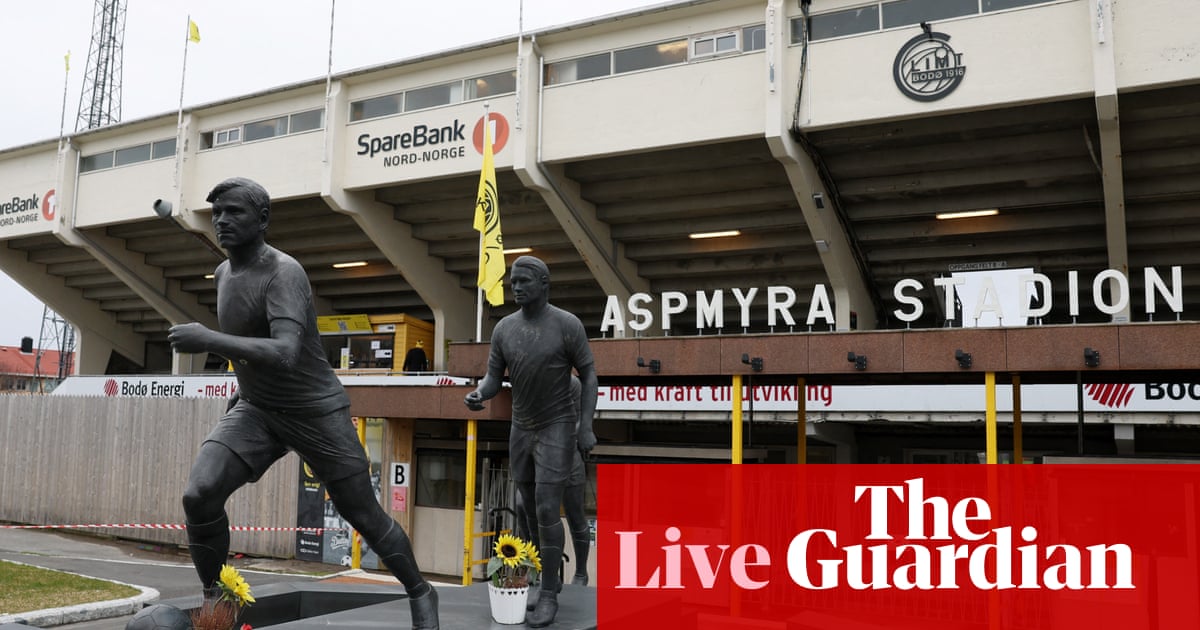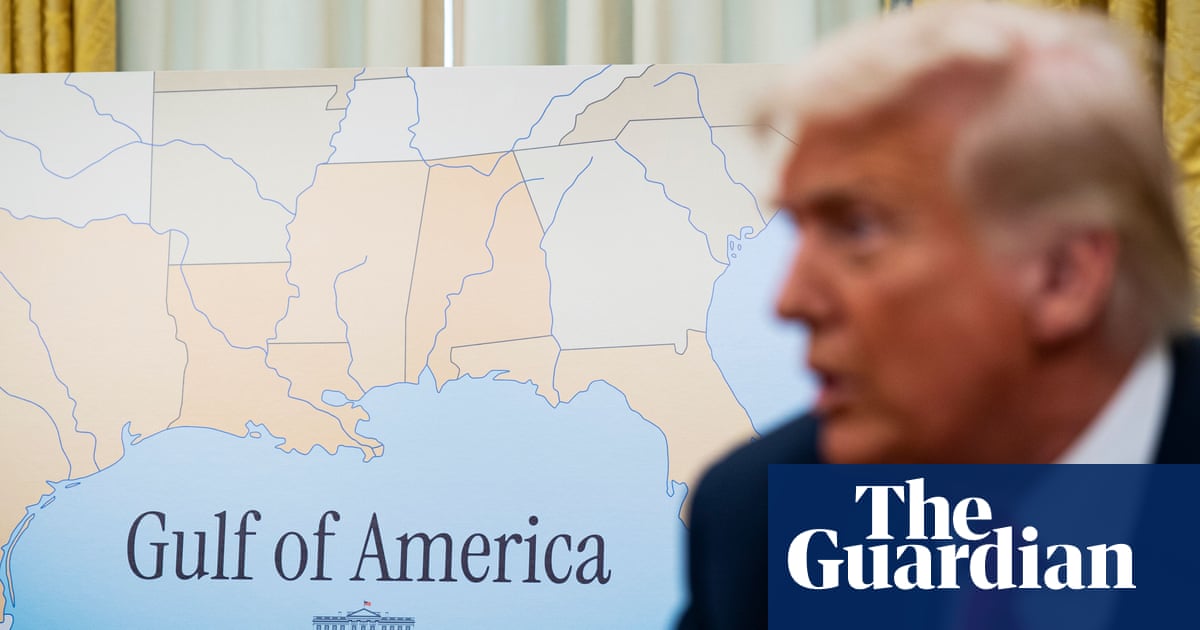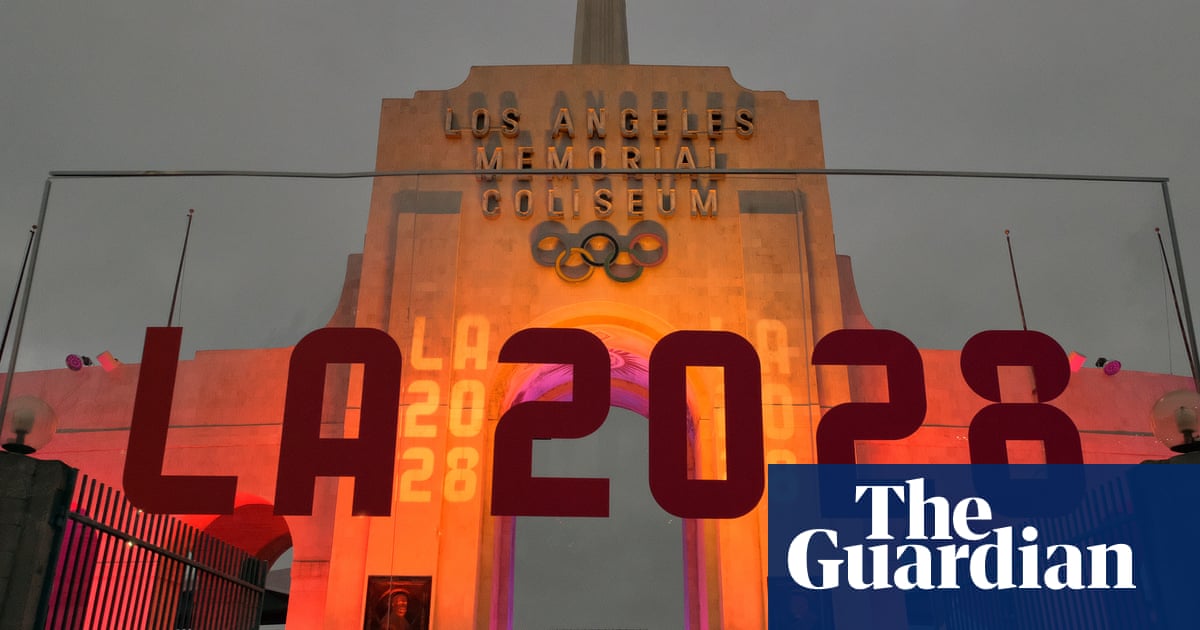The average household water bill in England and Wales is likely to reach £2,000 a year by 2050 if supplies are to be maintained, the industry regulator has said.
In its submission to the government-commissioned water inquiry, led by Sir Jon Cunliffe, Ofwat said “significant investment” was needed to secure enough water and avoid the country running out, and that this would cause costs to be piled on to water bills in coming years.
Its submission reads: “Significant investment is needed to provide for these new sources of water, as well as to improve river water quality standards, to help meet net zero and for other improvements to the network. The additional investment could mean average bills reach over £1,000 by 2050, before inflation (and around £2,000 including expected impact of inflation).”
It added that about £300bn over the next 25 years would be spent on cleaning up rivers and securing water supplies. The review has been commissioned because of public anger over the actions of water companies since privatisation in the 1990s. They have been systematically dumping sewage into rivers and seas, unsustainably taking on debt and failing to build any major reservoirs, putting the country at risk of drought.
Bills are already rising to combat underinvestment – by an average of £123 this year in the biggest hit to customer pockets since the industry was privatised 36 years ago – to replace ageing infrastructure and cut record sewage pollution. The average annual bill has been hiked from £480 to £603. The Ofwat submission added that it was possible this extra money from customers may not be spent properly: “It is vital that there is clear ownership over these plans, that the processes do not hold up vital investment and that they facilitate good decisions, so that customers’ money is properly spent”, adding that “radical change” to the system was needed.
Campaigners accused Ofwat of “regulatory failure”, arguing that high bills would not be inevitable if the review was conducted appropriately.
Amy Fairman, River Action UK’s head of campaigns, said: “Ofwat’s claim that bills could hit £2,000 by 2050 exposes decades of regulatory failure. These hikes aren’t inevitable – they’re the cost of letting polluting water companies underinvest, overcharge and dump sewage unchecked. It is why we’re calling for a systematic overhaul of the water industry away from the failed privatisation experiment, and launched a legal challenge to stop Ofwat unlawfully shifting the cost of failure on to customers. Polluters must pay.”
The Labour MP Clive Lewis, who has been campaigning for water to be put back into public hands, added: “Water is an essential resource and a public necessity. For decades, it has been starved of investment by profit-mining private corporations and shareholders seeking huge returns at all costs. That has left us all exposed to climate impacts and exorbitant bill rises.
“Decisions about water management and pricing are too important to leave to an unaccountable and seemingly increasingly partisan regulator; the government must put public, not-for-profit ownership on the table.”
The Cunliffe review is to look at all future options for water management except nationalisation, which has been ruled out by environment secretary, Steve Reed, on the grounds that it would be too costly.
Companies’ routes to complain about how much Ofwat allows them to charge consumers need to be sped up and streamlined, the submission said, because the current process is sluggish and “requires onerous costly and lengthy redeterminations” by the Competition and Markets Authority (CMA). Improving this process would help investors better calculate the cost of capital for the entire sector, it said.
after newsletter promotion
Weakened company balance sheets need to be kept in better check, Ofwat said. Water companies need to keep more cash readily available, the watchdog said, outlining a need for “strengthening liquidity requirements for companies” some of whom have fallen below investment grade as they struggle to manage their gaping debt piles.
Ofwat and the government also need to be able to keep the Special Administration Regime (SAR), a form of temporary nationalisation, as a “credible threat”, according to the regulator. However, industry sources have questioned whether this is the case when the government and regulators’ position is to suggest that SAR is to be avoided as much as possible.
Alongside financial troubles, a big weakness within the water sector is a lack of clear oversight of its cybersecurity. While the Drinking Water Inspectorate – a very small regulator in charge of drinking water safety – examines some water cyber resilience, it has no purview over wastewater cybersecurity.

 5 hours ago
10
5 hours ago
10













































